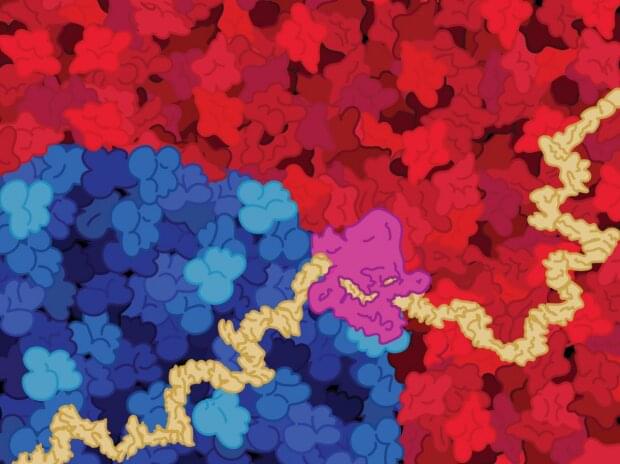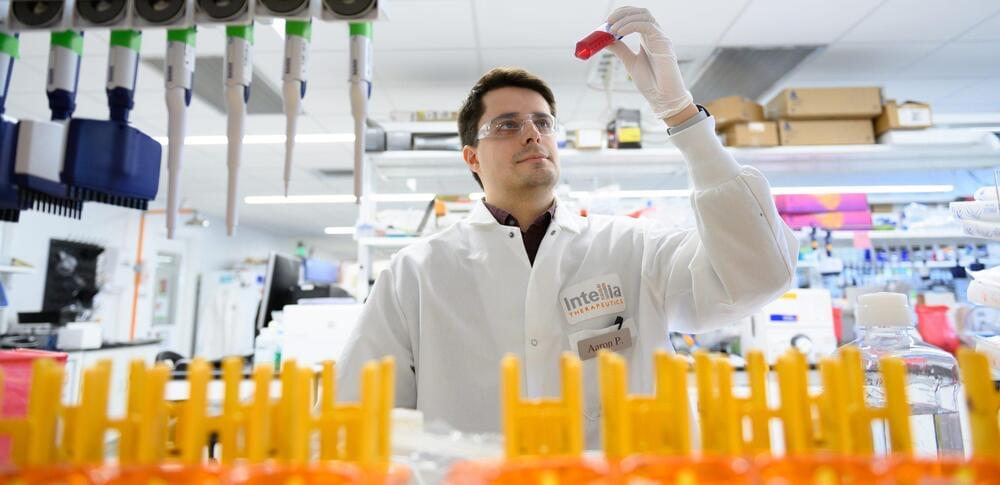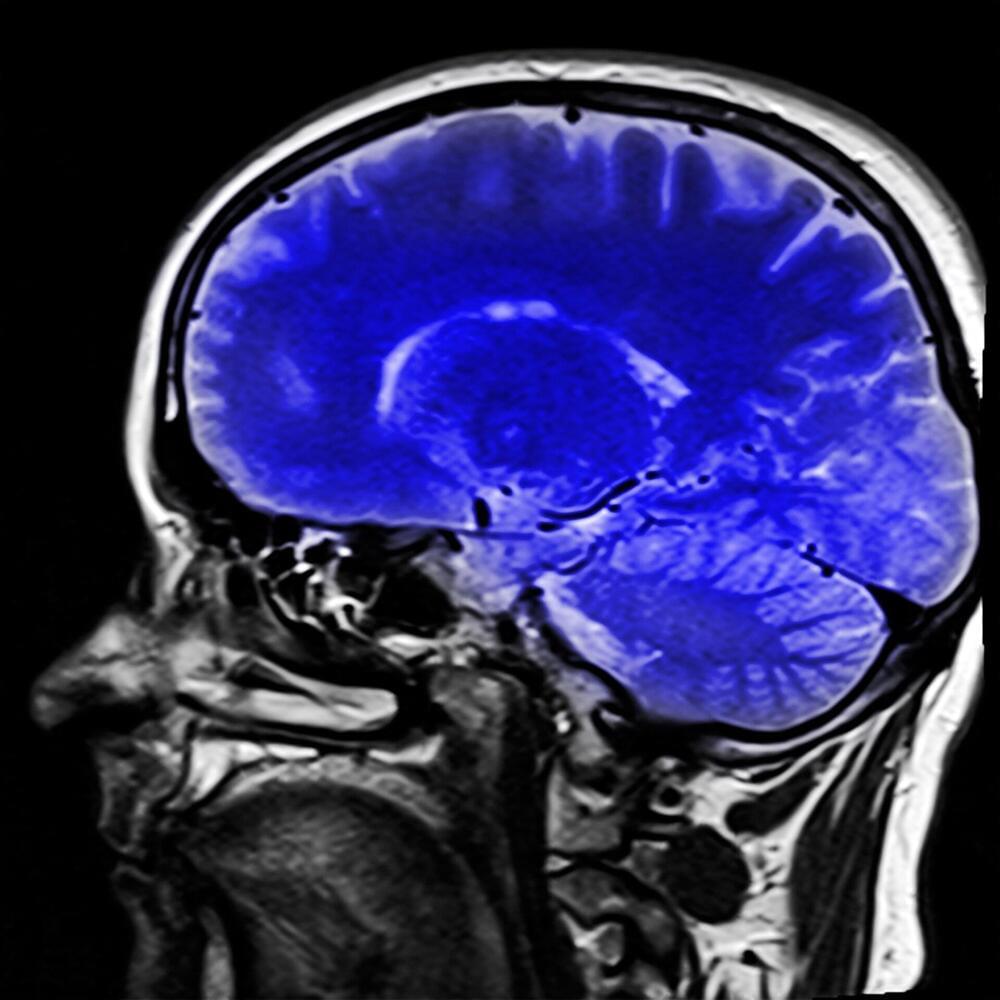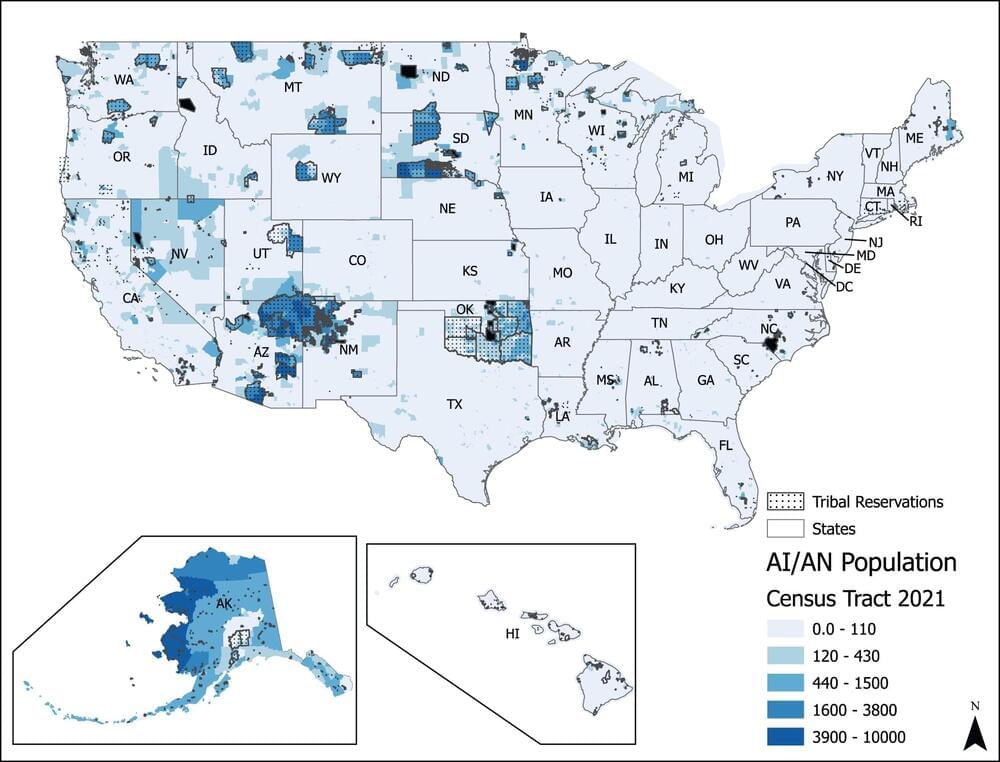The dean of Stanford University’s medical school thinks artificial intelligence will transform the medicines you take, the care you get, and the training of doctors.



A team of New York University computer scientists has created a neural network that can explain how it reaches its predictions. The work reveals what accounts for the functionality of neural networks—the engines that drive artificial intelligence and machine learning—thereby illuminating a process that has largely been concealed from users.
The breakthrough centers on a specific usage of neural networks that has become popular in recent years—tackling challenging biological questions. Among these are examinations of the intricacies of RNA splicing—the focal point of the study—which plays a role in transferring information from DNA to functional RNA and protein products.
“Many neural networks are black boxes —these algorithms cannot explain how they work, raising concerns about their trustworthiness and stifling progress into understanding the underlying biological processes of genome encoding,” says Oded Regev, a computer science professor at NYU’s Courant Institute of Mathematical Sciences and the senior author of the paper, which was published in the Proceedings of the National Academy of Sciences.

Remote control of chemical reactions in biological environments could enable a diverse range of medical applications. The ability to release chemotherapy drugs on target in the body, for example, could help bypass the damaging side effects associated with these toxic compounds. With this aim, researchers at California Institute of Technology (Caltech) have created an entirely new drug-delivery system that uses ultrasound to release diagnostic or therapeutic compounds precisely when and where they are needed.
The platform, developed in the labs of Maxwell Robb and Mikhail Shapiro, is based around force-sensitive molecules known as mechanophores that undergo chemical changes when subjected to physical force and release smaller cargo molecules. The mechanical stimulus can be provided via focused ultrasound (FUS), which penetrates deep into biological tissues and can be applied with submillimetre precision. Earlier studies on this method, however, required high acoustic intensities that cause heating and could damage nearby tissue.
To enable the use of lower – and safer – ultrasound intensities, the researchers turned to gas vesicles (GVs), air-filled protein nanostructures that can be used as ultrasound contrast agents. They hypothesized that the GVs could function as acousto-mechanical transducers to focus the ultrasound energy: when exposed to FUS, the GVs undergo cavitation with the resulting energy activating the mechanophore.


Tap through to read how, for almost 30 years, a world-leading gait analysis laboratory at The Royal Children’s Hospital, Melbourne has helped children with cerebral palsy receive life-changing treatments → unimelb.me/45ez4RT
For almost 30 years, a world-leading gait analysis laboratory at The Royal Children’s Hospital in Melbourne has helped children with cerebral palsy receive life-changing treatments.
When Professor Kerr Graham arrived in Australia to introduce gait analysis technology to help manage children with cerebral palsy, some medical professionals were sceptical. An accomplished orthopaedic surgeon who had trained in Ireland, London and Toronto, Professor Graham had witnessed firsthand the dramatic potential of gait analysis to improve the lives of children with cerebral palsy.
However, in Australia, gait analysis was only being used by the Australian Institute of Sport in Canberra to help athletes perfect their performance. Professor Graham knew the technology had much to offer the approximate 2 in 1,000 Australian children born with cerebral palsy every year. He had seen it work and so, ignoring the sceptics, and with support from the Hugh Williamson Foundation and the Orthopaedic Department, he established Australia’s first clinical gait analysis laboratory at The Royal Children’s Hospital in Melbourne.

All medical breakthroughs have to start somewhere, and Intellia Therapeutics is ready to show the world the first-in-human gene editing data that could be the start of a | Interim results are in for Intellia and partner Regeneron’s in vivo CRISPR/Cas9 genome editing candidate, NTLA-2001, in patients with transthyretin (ATTR) amyloidosis: and the numbers look good. This is the first time gene editing has been proven to work in humans, which “opens up a whole new area of therapies for patients that wasn’t there.”

Scientists have discovered new insights into how our brain stores episodic memories—a type of long-term, conscious memory of a previous experience—that could be critical to the development of new neuroprosthetic devices to help patients with memory problems, like Alzheimer’s disease and dementia.
The new study—led by the University of Glasgow, in collaboration with the University of Birmingham and University of Erlangen—used special electrodes, implanted directly into the brains of epilepsy patients requiring surgery, to allow scientists to observe the activity of individual neurons in the hippocampus region of the brain.
The hippocampus is a challenging area to study, due to its location deep within the brain, yet this area is critical for our memory, acting as the librarian to the memory library in our brain.

A process of surgically joining the circulatory systems of a young and old mouse has been found to slow aging at a cellular level and extend the older animal’s life by as much as 10%.
Recently published in Nature Aging, a study led by researchers from Duke Health discovered the longer the animals shared circulation, the longer the anti-aging benefits lasted once the two were no longer connected.
The findings suggest that the young benefit from a cocktail of components and chemicals in their blood that contribute to vitality, and these factors could potentially be isolated as therapies to speed healing, rejuvenate the body, and add years to an older individual’s life.

A recent study reports something strange: When mice with Alzheimer’s disease inhale menthol, their cognitive abilities improve. It seems the chemical compound can stop some of the damage done to the brain that’s usually associated with the disease.
In particular, researchers noticed a reduction in the interleukin-1-beta (IL-1β) protein, which helps to regulate the body’s inflammatory response – a response that can offer natural protection but one that leads to harm when it’s not controlled properly.
The team behind the study, which was published in April 2023, says it shows the potential for particular smells to be used as therapies for Alzheimer’s. If we can figure out which odors cause which brain and immune system responses, we can harness them to improve health.

This isn’t a new discovery but something we’ll have to deal with in some places. I’ve actually drank noxious tap water and got really sick.
Most Americans take it for granted that the water that comes out of their taps is clean and safe to drink.
But a new study published by a University of New Mexico scientist with colleagues from across the U.S. warns that water from many wells and community water systems contains unsafe levels of toxic contaminants, exposing millions to health risks, including cancer.
The review in the Journal of Exposure Science and Environmental Epidemiology also finds that people living on tribal lands or in minority communities are disproportionately affected and predicts that climate change will make it harder to locate safe sources of drinking water.